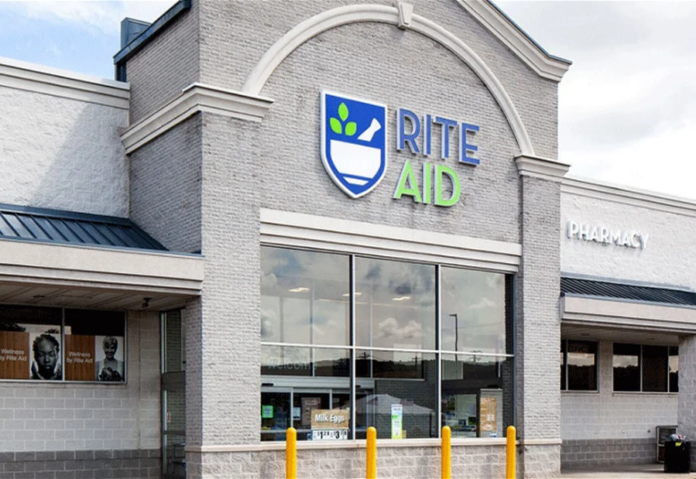
Rite Aid has been prohibited from employing face recognition technology for five years due to claims that the monitoring system it employed misidentified possible shoplifters.
Rite Aid has been prohibited from utilizing face recognition technology for five years due to claims that suspected shoplifters, particularly black, Latino, Asian, or female customers, were improperly identified by the company’s surveillance system.
Charges that the faltering pharmacy chain failed to take adequate precautions to protect its patrons and establish “reasonable procedures” are addressed in the settlement with the Federal Trade Commission, according to the federal body.
Among the cities where it was erected were New York City, Baltimore, Philadelphia, Los Angeles, and San Francisco. According to the complaint, cameras would follow clients as they entered and navigated the store.
After that, the live photos would be compared with a database using the technology.
The complaint pointed out that a large number of the low-quality photos it uses for its database originated from news articles, staff phone cameras, and security cameras, among other sources.
When the system saw someone entering the shop who was on its watchlist, it alerted Rite Aid staff via phone or email.
Employees of the store would then follow those individuals, give them orders to leave, or phone the police, according to the FTC’s complaint. Additionally, federal investigators stated that staff members would publicly accuse individuals of past criminal activity in front of friends, family, and other patrons.
According to the federal complaint, Rite Aid did not verify the technology’s accuracy before deploying it.
Rite Aid claims that the accusations are based on a test program that ran in a small number of locations and that it discontinued utilizing this technology over three years ago.
“In a statement published on its website, the company stated that it respects the Federal Trade Commission’s investigation and supports the agency’s objective to safeguard customer privacy. “But we vehemently disagree with the agency’s complaint’s facial recognition allegations.”
The history of facial recognition technology is not very positive. Supporters claim that when utilized by law enforcement, it has been essential in helping to apprehend drug dealers or settle situations involving missing individuals. However, detractors claim that it raises the incidence of misidentification for people of color.
Rite Aid added that any agreement would need to be approved by the bankruptcy court in the United States.
Rite Aid made the voluntary Chapter 11 bankruptcy announcement last autumn, announcing the closure of more than 150 shops.
With its headquarters in Philadelphia, Rite Aid Corp. operates over 2,000 stores. In addition to years of financial hardship, the company is at risk of financial ruin due to lawsuits involving opioid prescriptions, just like its larger competitors, CVS and Walgreens.
Also read: Redefining the Executive Game: The Scrappy Revolution in C-Suite Innovation
Do Follow: CIO News LinkedIn Account | CIO News Facebook | CIO News Youtube | CIO News Twitter
About us:
CIO News, a proprietary of Mercadeo, produces award-winning content and resources for IT leaders across any industry through print articles and recorded video interviews on topics in the technology sector such as Digital Transformation, Artificial Intelligence (AI), Machine Learning (ML), Cloud, Robotics, Cyber-security, Data, Analytics, SOC, SASE, among other technology topics.





